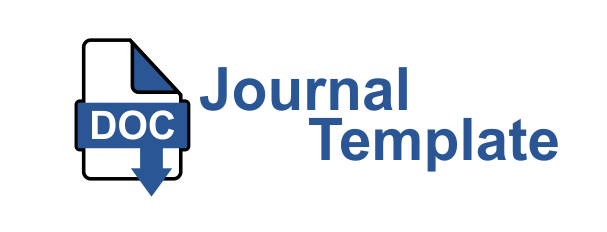The Effect of Adolescent Knowledge in Yogyakarta after Reproductive Health Education
Abstract
Reproductive health education for adolescents is very important given the problems of adolescent reproductive health such as unwanted pregnancy, free sex, abortion, alcohol, and HIV AIDS. Youth reproductive health education activities as a step to support the BKKBN program in overcoming the TRIAD KRR problem. There are more than five cases of pregnancy in adolescents in Notoyudan Village. The method of implementing this service is education, FGD, pre and post tests and forming peer education groups for teenagers. The results of the activity showed that there was an increase in knowledge of the participants, namely before the counseling there were 2 participants from 30 teenagers (6.67%) with good knowledge, 8 people with sufficient knowledge (26.67%), and 20 participants with poor knowledge about reproductive health (66.66). %). After education about KRR, the percentage of participants who had good knowledge increased to 18 participants (60%), and 12 participants with sufficient knowledge (40%). It can be concluded that TRIAD KRR education needs to be implemented because it can increase knowledge about reproductive health in adolescents.
Downloads
Copyright (c) 2022 Mudita Sri Hidayah

This work is licensed under a Creative Commons Attribution 4.0 International License.
Authors who publish with this journal agree to the following terms:
- Authors retain copyright and grant the journal right of first publication with the work simultaneously licensed under a Creative Commons Attribution License (CC-BY) that allows others to share the work with an acknowledgment of the work's authorship and initial publication in this journal.
- Authors are able to enter into separate, additional contractual arrangements for the non-exclusive distribution of the journal's published version of the work (e.g., post it to an institutional repository or publish it in a book), with an acknowledgment of its initial publication in this journal.
- Authors are permitted and encouraged to post their work online (e.g., in institutional repositories or on their website) prior to and during the submission process, as it can lead to productive exchanges, as well as earlier and greater citation of published work (See The Effect of Open Access).











